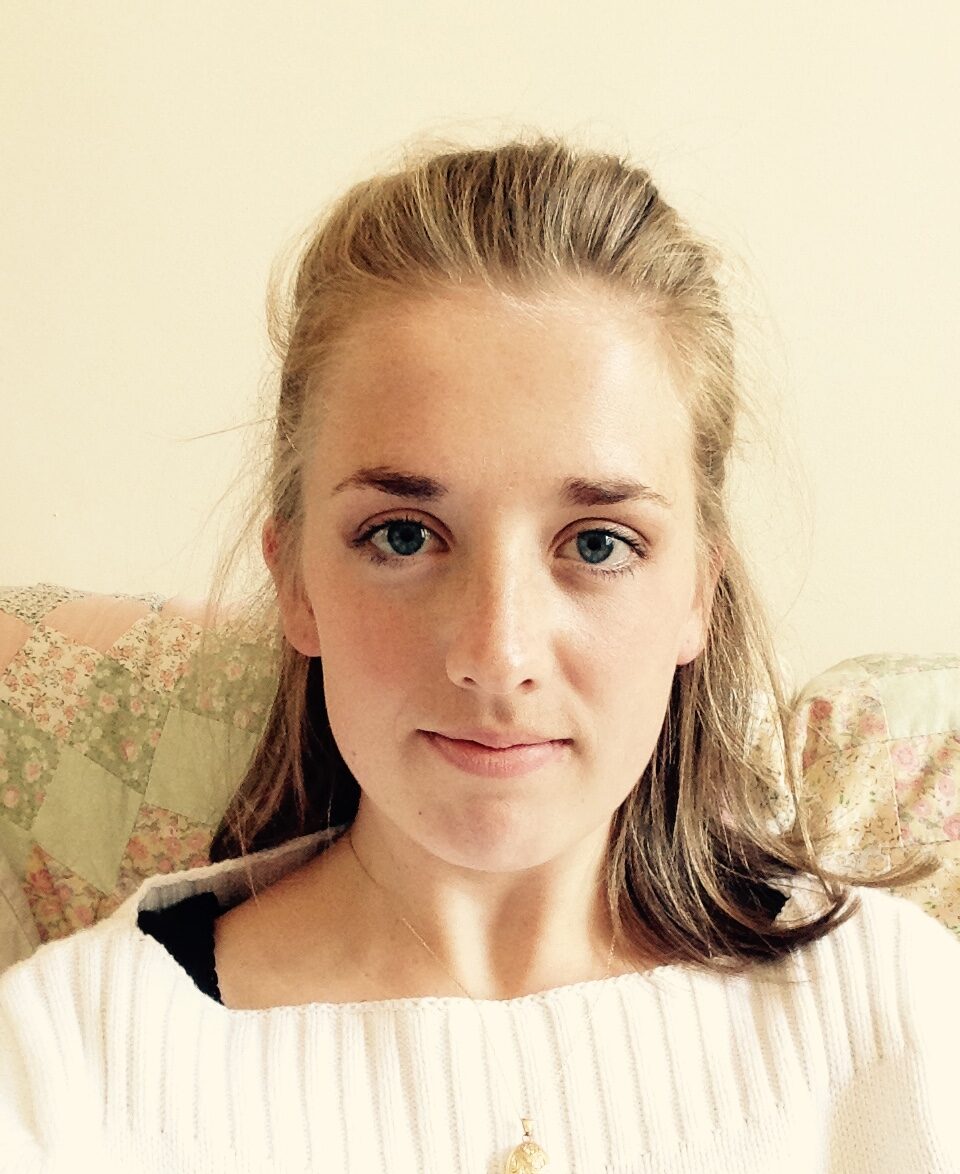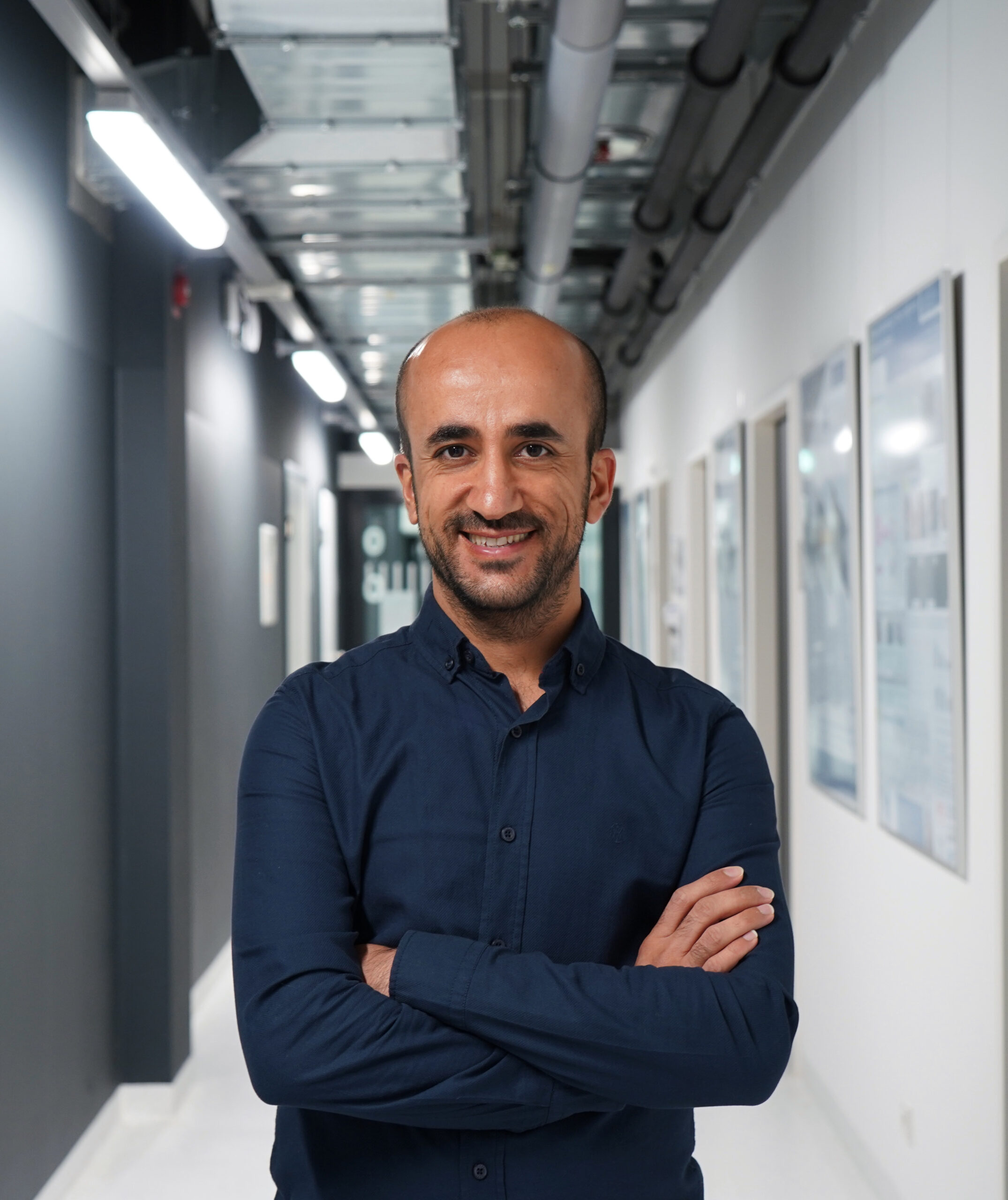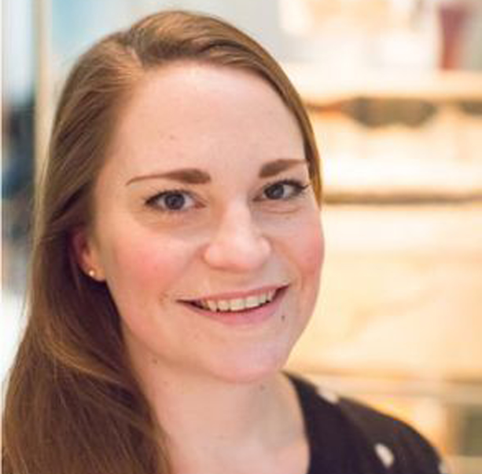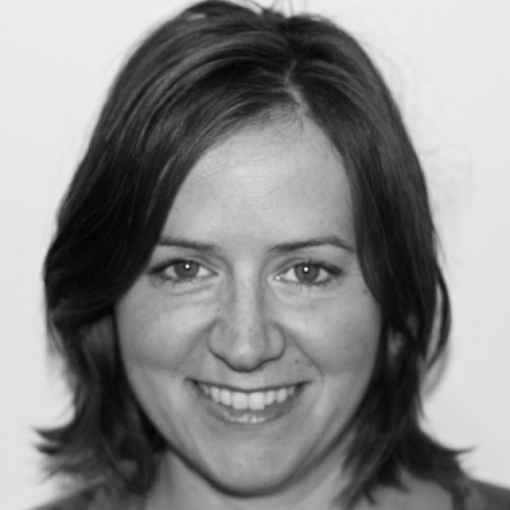PhD in Molecular Cell Biology, University of Bristol (2017)
| Product Manager and Senior Instructional Designer | |
|---|---|
| Learning Science Ltd | |
Year entered into non-academic position: 2017
Job Highlight: Knowing you have improved the learning experience for so many students worldwide.
My research training set me up to … embrace new experiences and manage my own time.
Left academic after: PhD
What’s your background?
As a young student, I had dreams of combining my passion for art with my interest in science, and as a result I spent some time pursuing a career in medical illustration. This involved studying for a Foundation Diploma in Art & Design before completing a degree in Cellular and Molecular Medicine at the University of Bristol. On reflection, I knew my interest lay more in the science than in the art (a theory my grades confirmed!) and I decided to stay on at University to complete a PhD in Biochemistry where my work focused on the regulation of the cytoskeleton in blood vessel development.
Following my PhD, I joined Learning Science, a company that generates digital learning resources for science students throughout the academic spectrum. I’ve been at Learning Science for just over 3 years.
Why did you move away from academia?
My PhD was a bit of a slog! As anyone in science will attest, success in experiments isn’t a guarantee. So for someone like me who thrives on making progress and completing projects, my work in the lab was at times demotivating. Working long and late hours in the lab, I found it difficult to switch off from my work and craved the routine that a 9-5 might provide.
Is there anything you miss about academia?
I miss the camaraderie amongst the PhD students; we were all in the same boat and so we celebrated each other’s successes and also supported each other through tough projects. There was such a wealth of knowledge and experience to draw upon, as well as access to amazing resources and equipment.
How did you get this job? Did you face any challenges when considering a move away from academia or applying for the role?
As I neared the end of my PhD, I was daunted by the prospect of leaving academia. I was aware that I wanted to steer away from research work, but I was clueless as to the possibilities available to me. Thankfully, the answer was handed to me in an email circulated in the department. The job advertised was for an instructional designer at Learning Science – to build interactive online pre- and post-lab resources for universities around the world. The start date was months before I was due to finish writing up but, not wanting to miss the opportunity, I applied anyway. Learning Science was really accommodating – I was able to apply and interview, and ultimately delay a start date until my thesis was submitted.
What motivated you to/why did you choose the sector you transitioned into?
When I was studying for my degree I loved to condense revision material into concise, accurate and colourful infographics. I noticed the difference in both my own and others’ understanding of the topics just by changing the way the information is presented and found this to be a really rewarding process. The prospect of working for a company that achieves this on a much larger scale was really exciting.
How did your PhD prepare you for your current job? For example, what were the transferable skills that you developed during your PhD that are most relevant to your current job?
I’d say the research skills I developed during my time as a student have been the most valuable in my role as an instructional designer.
We create resources across all disciplines of science and, more often than not, the topic falls outside of my field. The ability to quickly understand a new topic and explain it to others is one I employ every day.
As a product manager, I’m responsible for scheduling both the development of new products and improvements to existing ones. With inevitable setbacks along the way, I have to adapt quickly and be decisive to keep projects on track and stakeholders happy. Being adaptable, professional and confident are skills I refined during the four years of my PhD.
Finally, client-facing communication forms a large part of my role at Learning Science. We work primarily with busy academics so the four years I spent working alongside them really helped me understand the pressures and distractions of their work. I’ve been able to adapt my communication skills to suit the demands of this sector.
Can you describe a typical week in your job?
During the Covid-19 lockdown, you can find me at my desk with a coffee and some comfortable clothes on! We’ve adapted to working from home really quickly: no two weeks are the same but the video calls and emails are pretty constant.
At the moment, my focus is setting the development schedule for the academic year. This involves deciding how many resources we will build, which topics they will cover and the timeline to develop them. This is a case of balancing customer demand with business growth plans, so it involves discussions with both academic partners and management within the company.
Given the increased demand for online learning materials, I have also been busy converting post-lab assessments to interactive digital assessments using Javascript and HTML. These products are bespoke and so involve a lot of communication with academics from different institutions.
What is the workplace culture like? Please include comments on work-life balance flexibility, remote working?
The workplace culture is brilliant. We are given the freedom to run our own schedule provided deadlines are met.
However, the majority of people tend to stick with the normal 9-5 for the ease of arranging meetings. There are busier times in the year when some early starts and late nights are required, but the management team always offer holiday in lieu of hours worked overtime.
The office environment is relaxed, friendly and supportive. Prior to the Covid-19 pandemic I worked the odd day from home, but the constant supply of doughnuts and the office dog always tempted me to go back to the office.
I feel very lucky to be offered flexibility in my role. I am regularly asked if there are any other areas of the company I would like to know more about or experience for myself. In fact, I dabbled in sales, operations and accounts before settling on my current position!
Do people with a PhD frequently get hired in the company/sector?
Most employees at Learning Science come from a scientific background, the majority of which also have PhDs. Having some experience of the recruitment process, I know that having a PhD helps any candidate to stand out. I think it represents a level of commitment and diligence, not to mention a sound understanding of the science we deal with every day. PhD graduates work in all sectors of the company, from content development to sales, so the qualification has proven to be versatile and applicable across departments.
What are your favourite parts of your job?
My favourite part of the job is the design of our pre-lab simulation resources. I love to get creative and think of how we can engage students in a way that cannot always be achieved using traditional teaching methods. It’s also one of the most collaborative parts of my job, I work closely with the developers to bring the designs to life as well as with the marketing and support teams to distribute the resource to all our partners.





